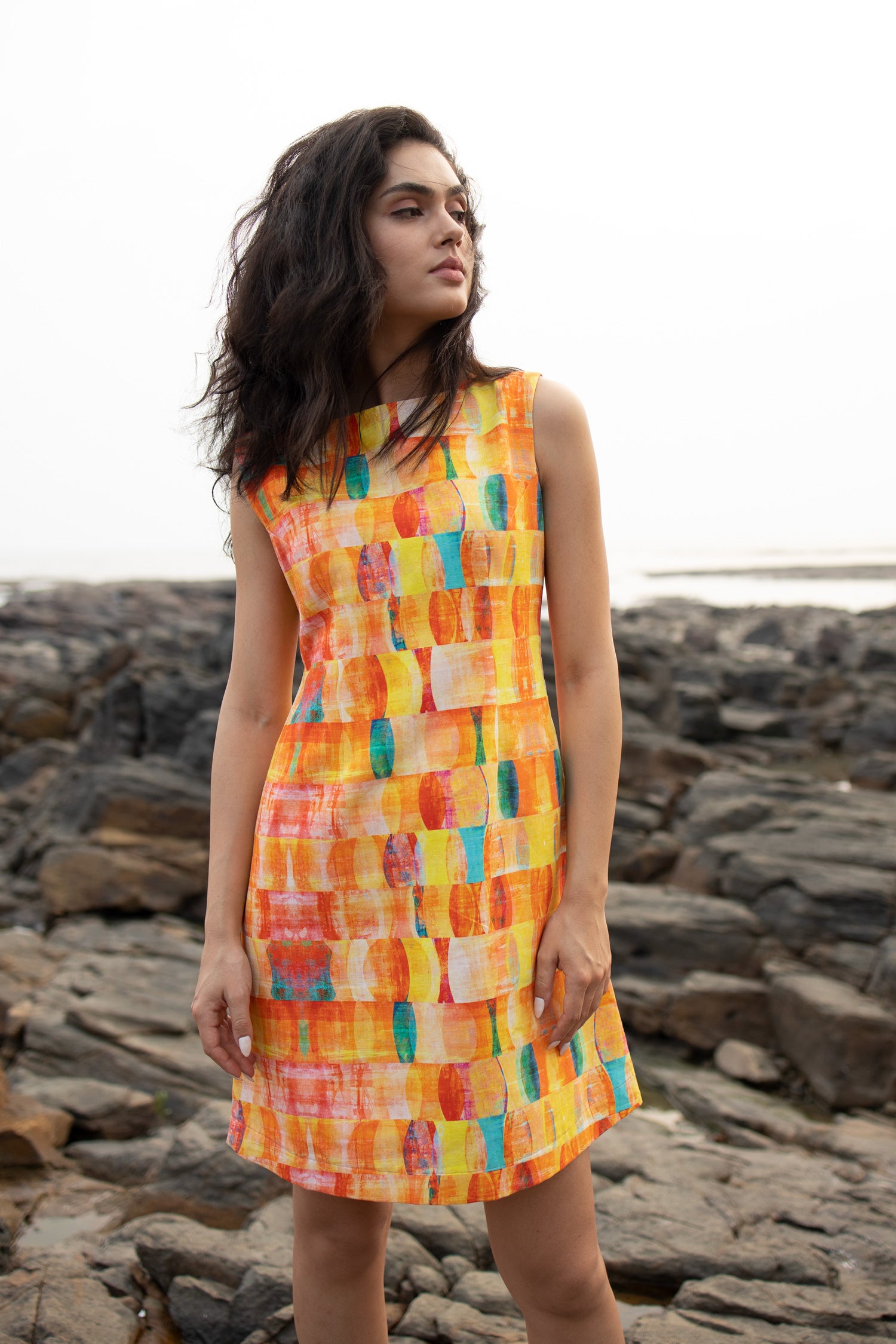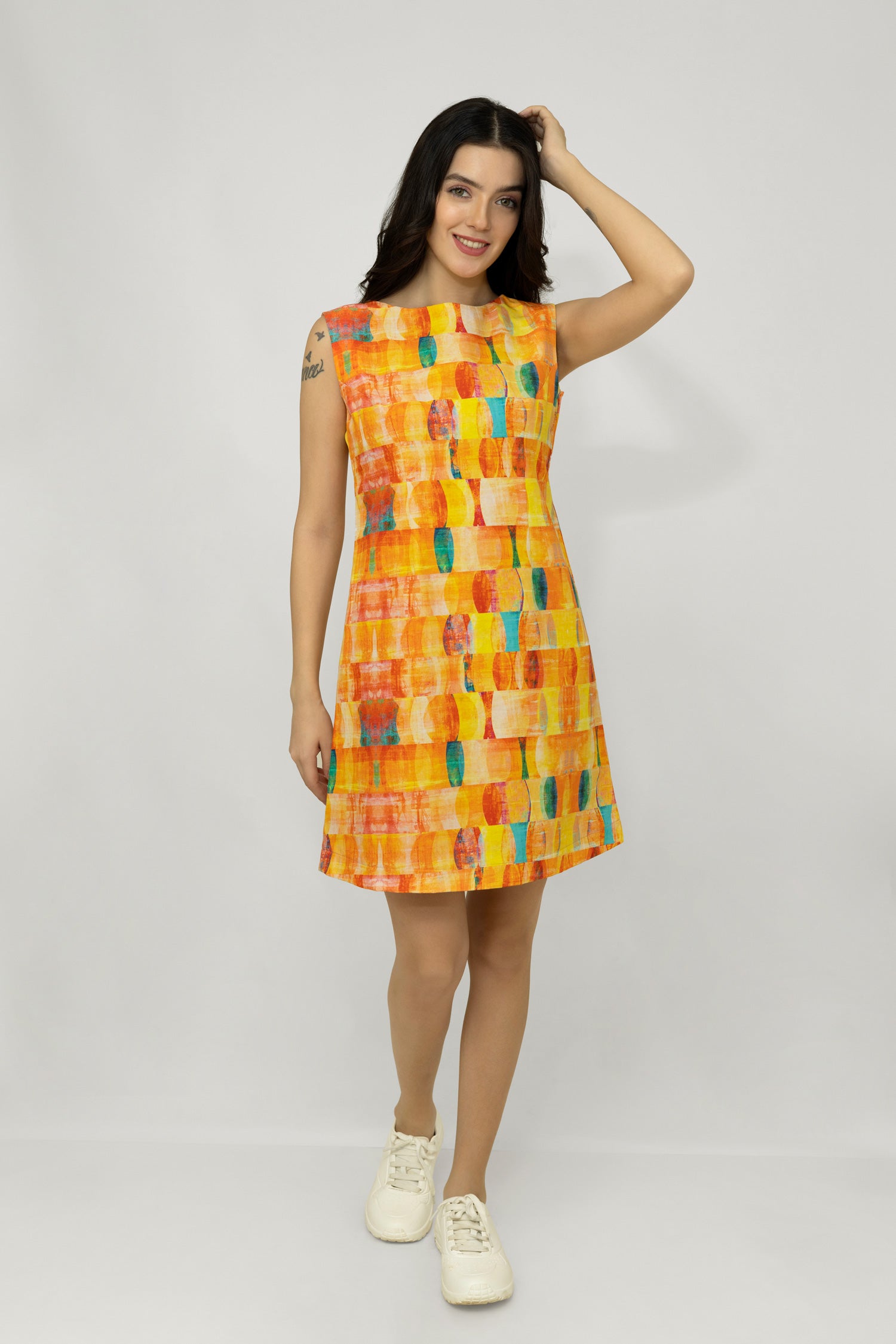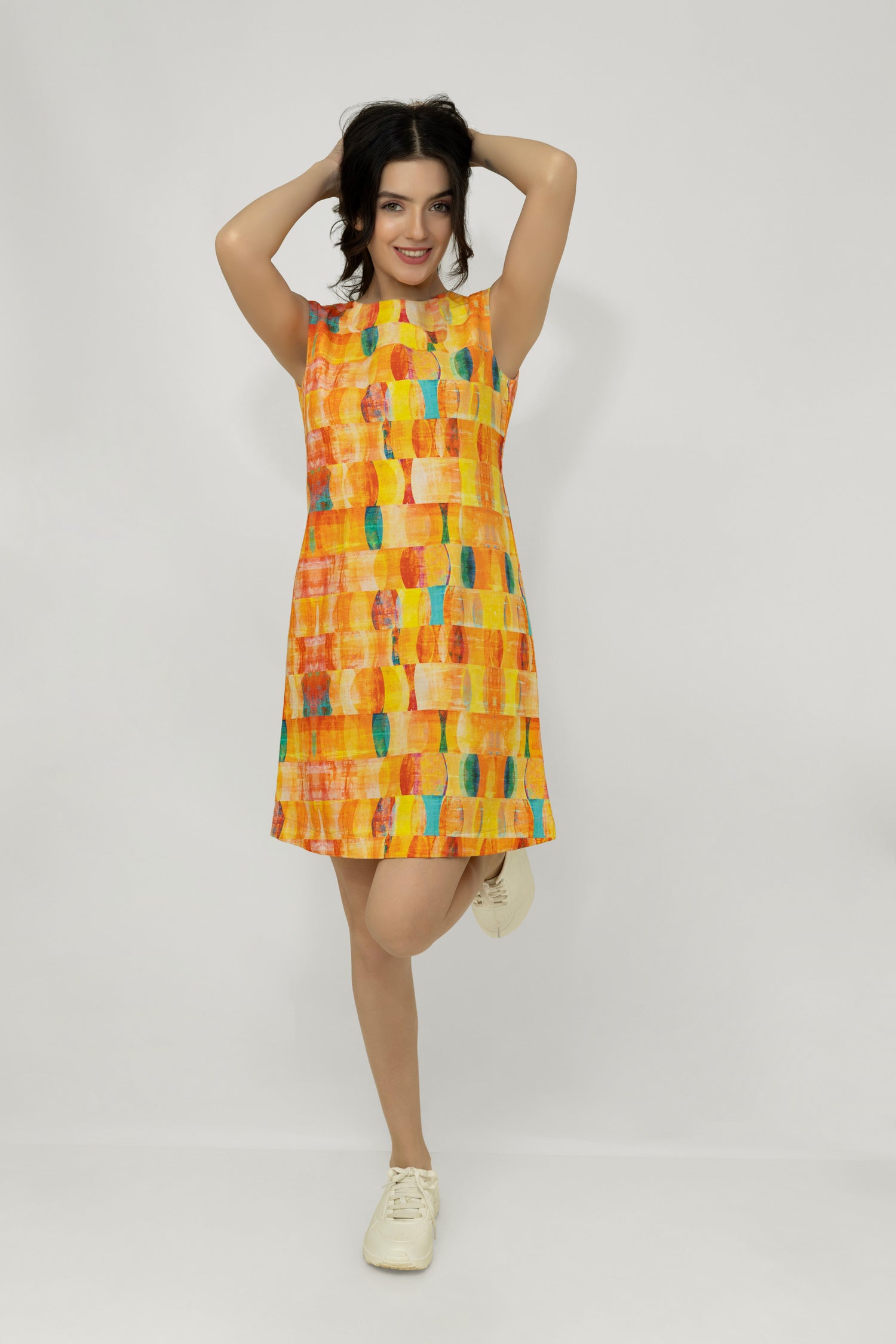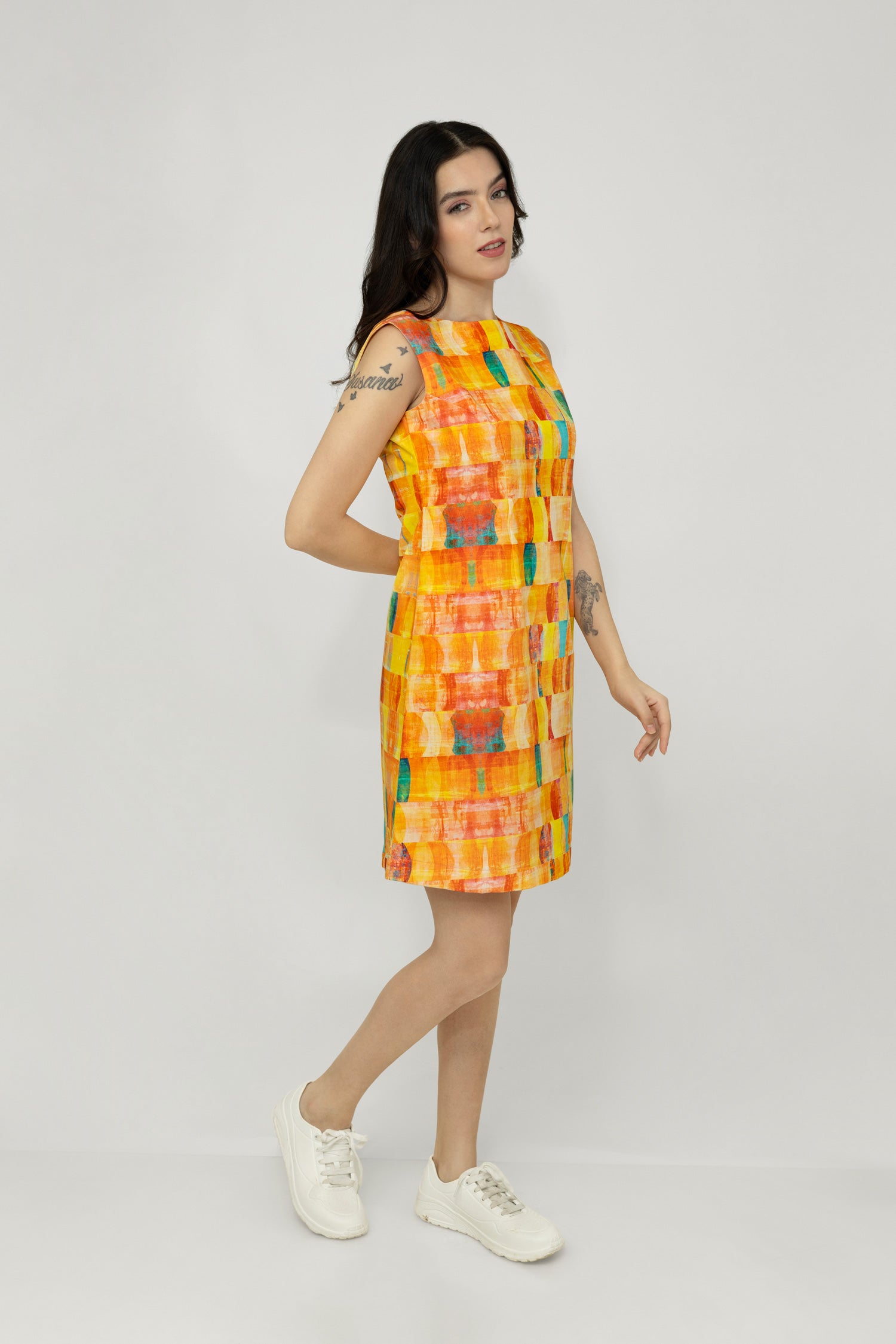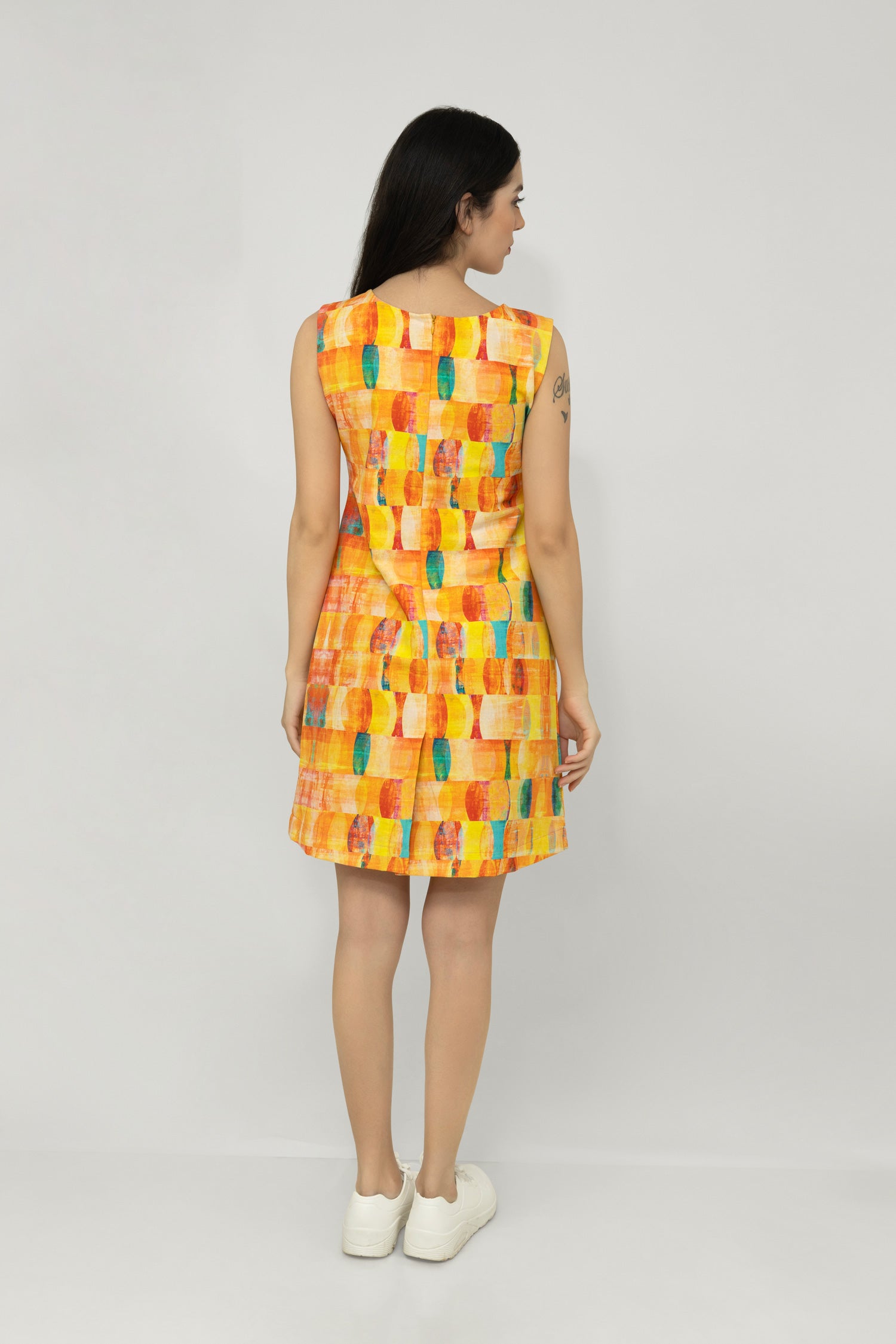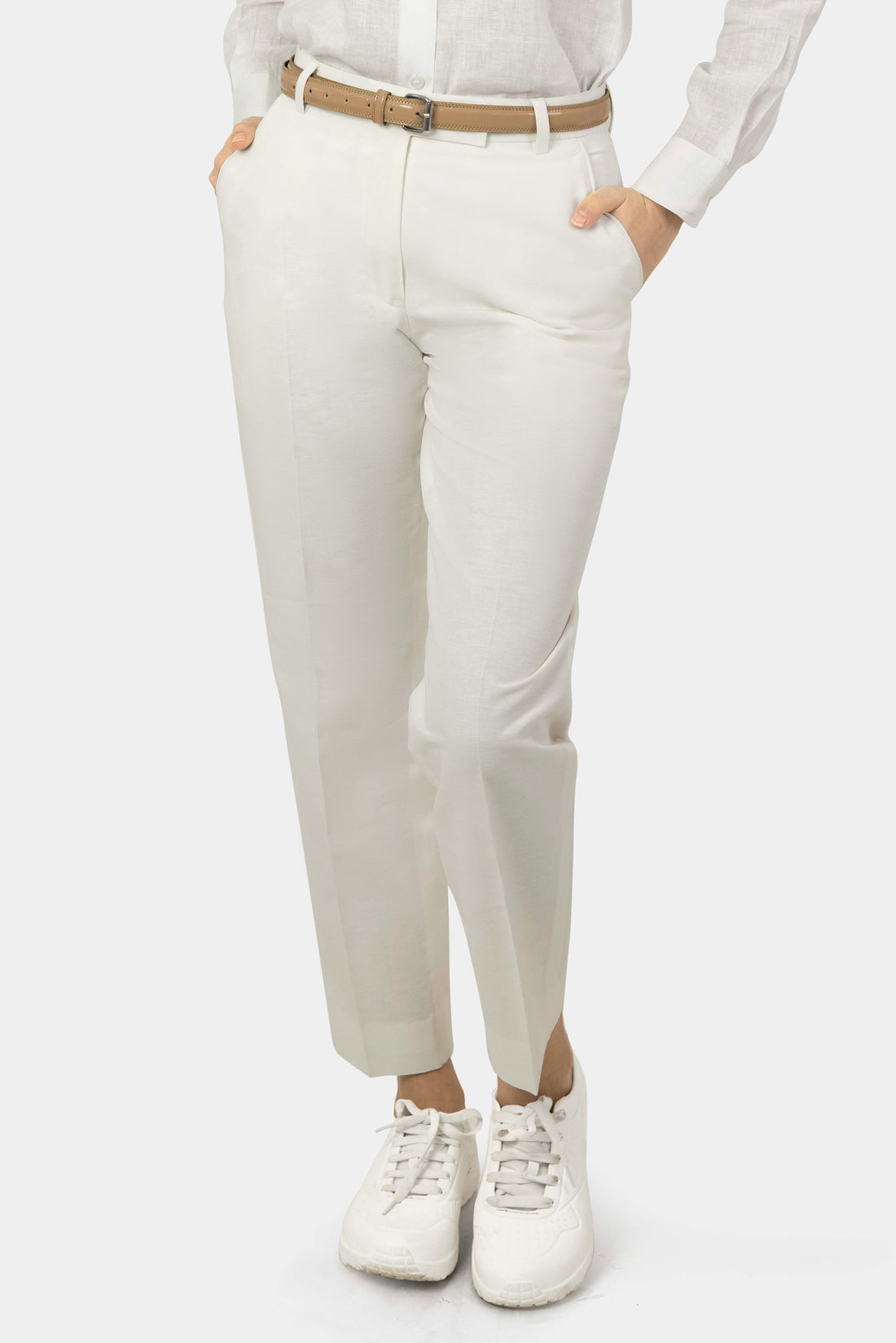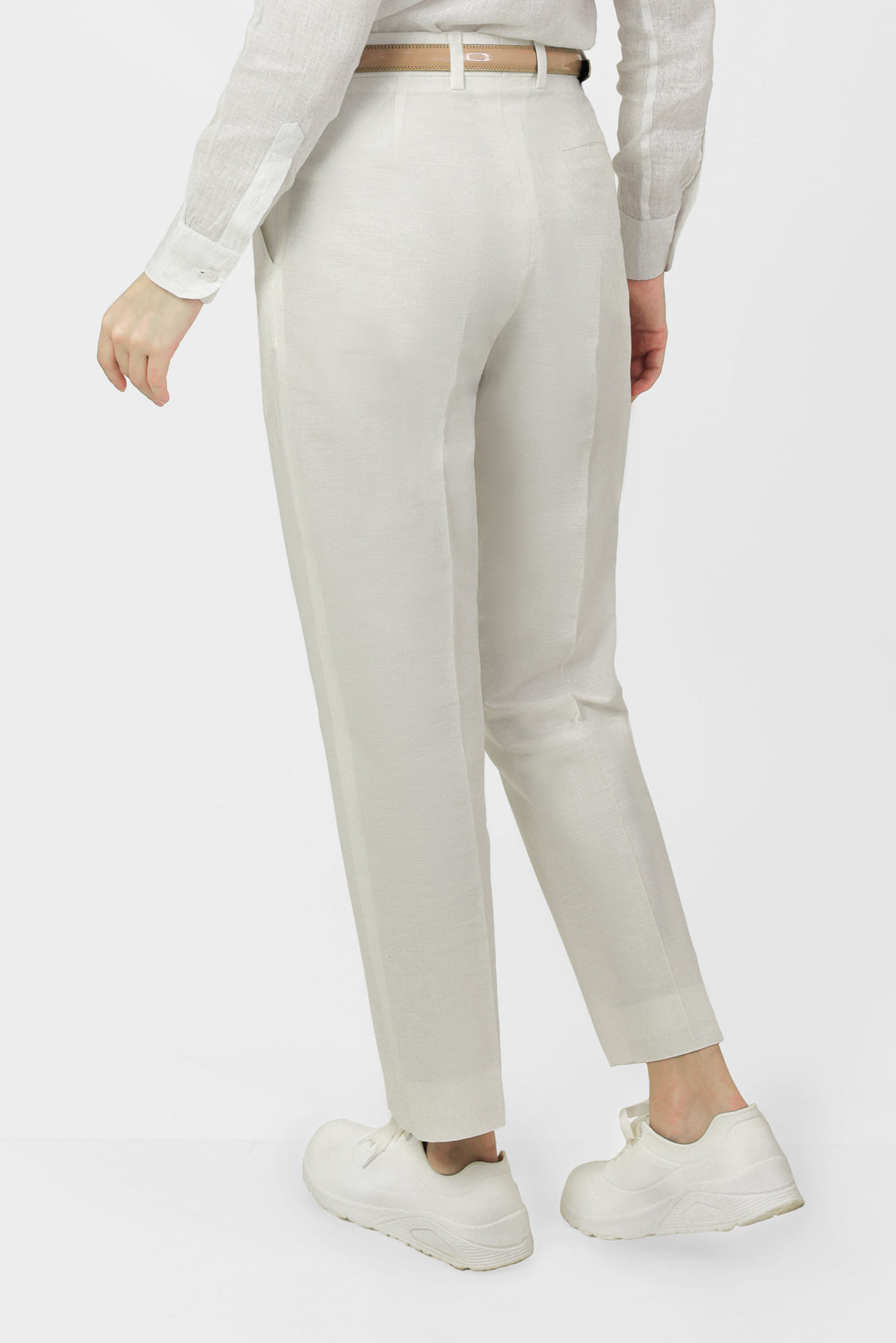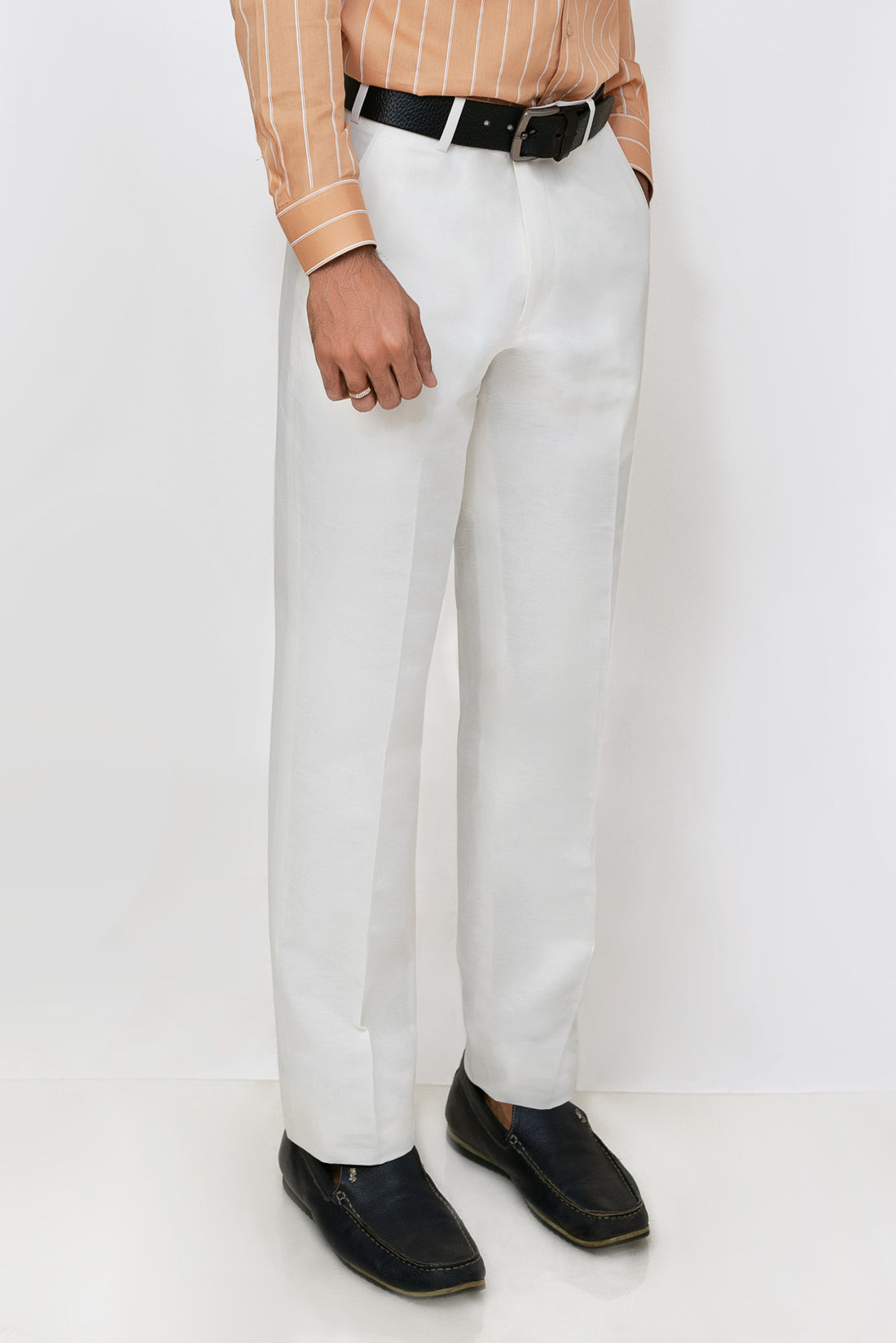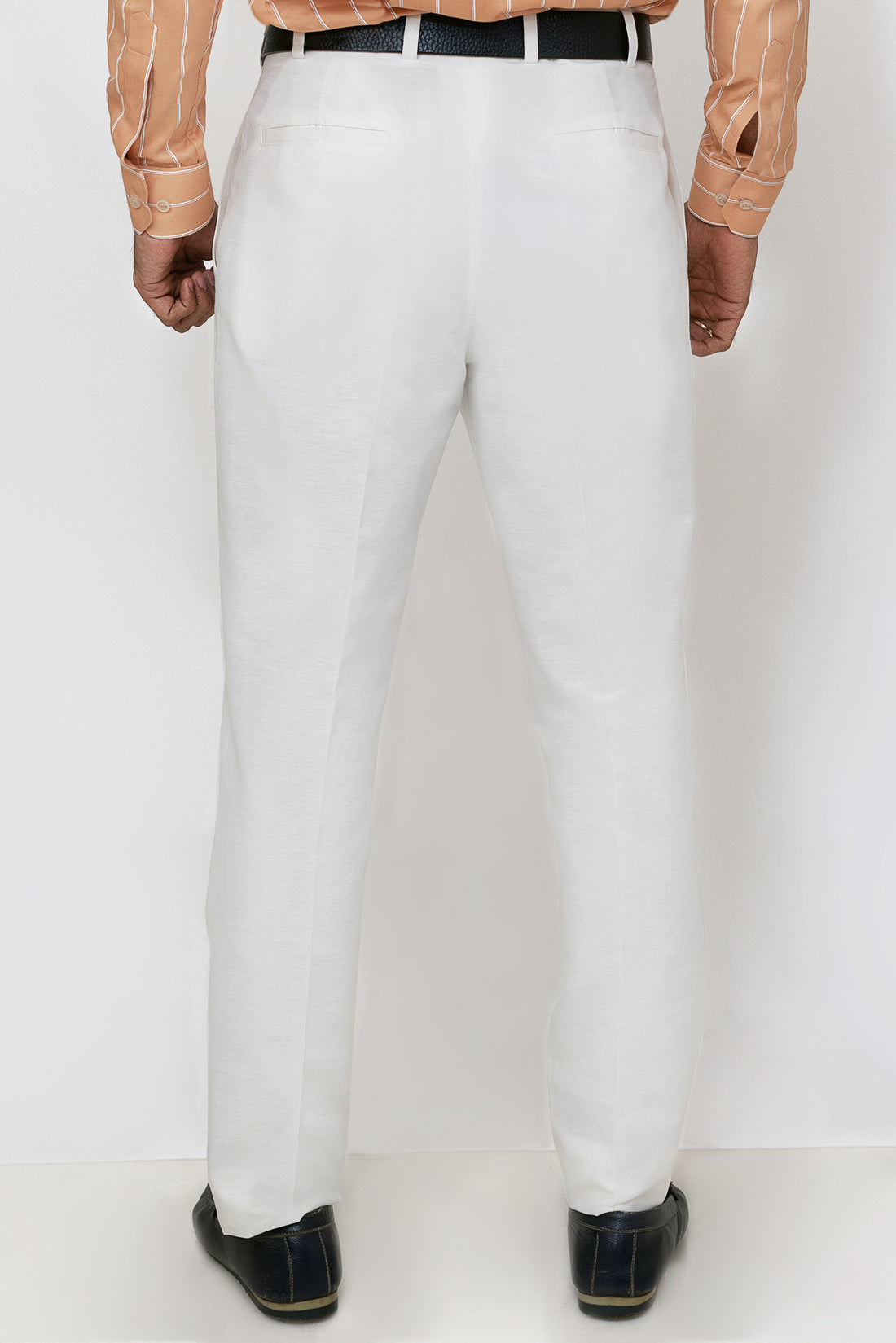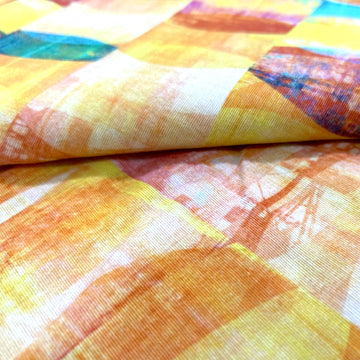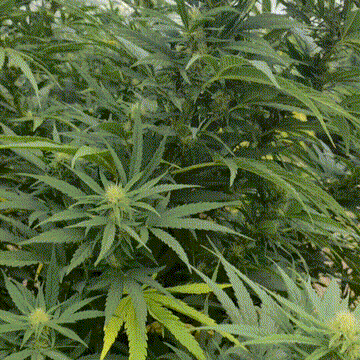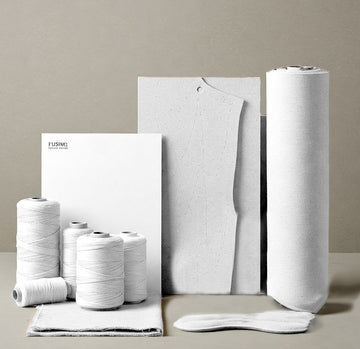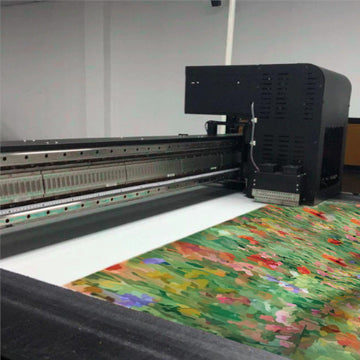Sense- Woman Hemp Dress
Tax included. Shipping is calculated at checkout.
Easy 7-Day Returns (Standard Sizes Only).
Materials
• Main Fabric: 100% Hemp
• Lining Fabric: Cotton satin
• Partially lined (OEKO-TEX certified cotton interlining)
• Reactive Printing: The Most Advanced Method Of Fabric Printing
Design
• Back zip opening
• Boat Neck
• Mid-length dress
• Rear side center vents
Fit
• Straight Fit
• Customization: 15 sizes, XS-XL in Long and Regular length
Looks
• Model in these images Nancy is 5'10'' tall, has a 32'' chest size and 68 cm (27") around the waist and wears an S-Small.
• When in doubt consult our size guide or send an email to info@adamleaves.com
-
Machine wash at 30°.
-
Medium heat ironing.
Order Dispatch:
All orders are processed and dispatched within 3-5 business days after confirmation.
Estimated Delivery Time:
- Within India: Orders are typically delivered within 3-5 business days after dispatch.
- International: Delivery usually takes 5-7 business days, depending on the destination and customs clearance.
Please note: Delivery timelines may vary slightly due to unforeseen circumstances such as weather conditions or public holidays.
Return:
- Returns are eligible only if the product is damaged during transit or if an incorrect item is delivered.
- To initiate a return, please contact us with supporting evidence (such as photos) within 24 hours of receiving the product.



Testimonials

